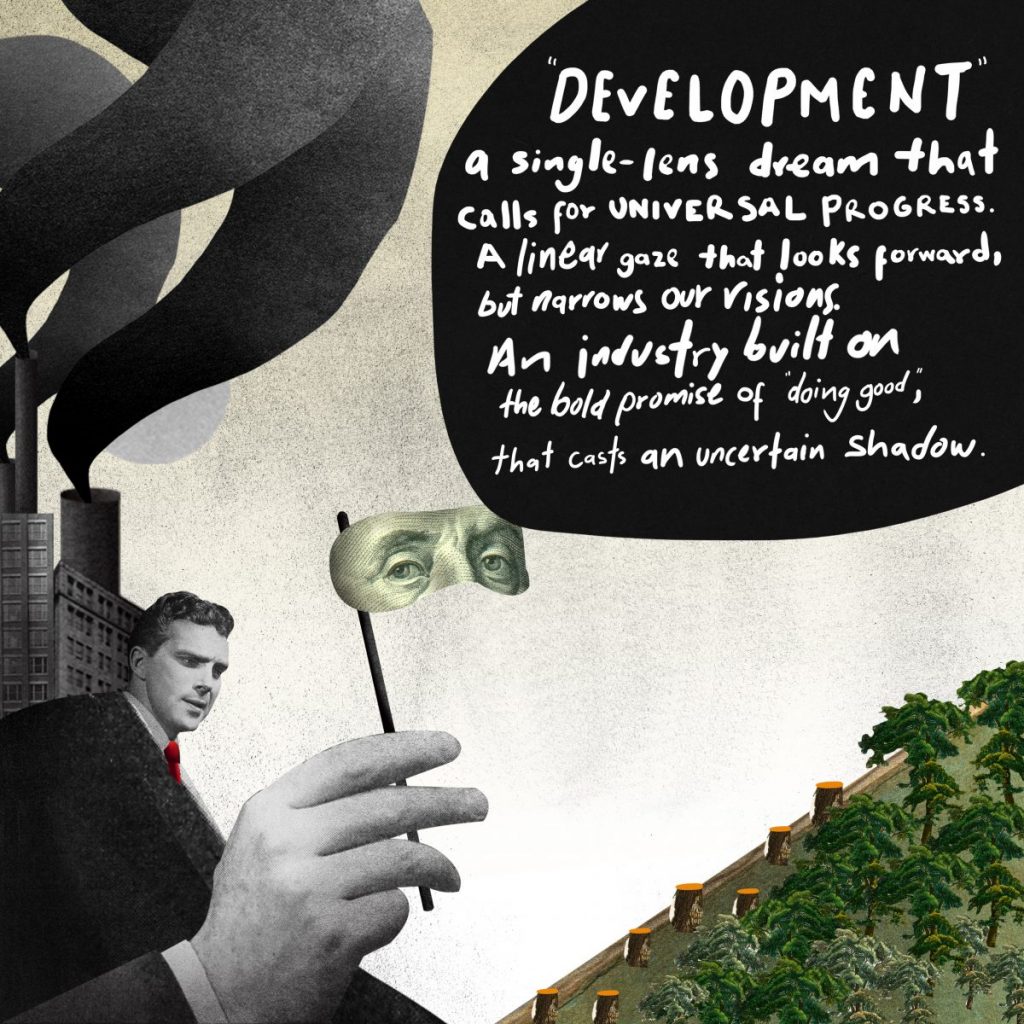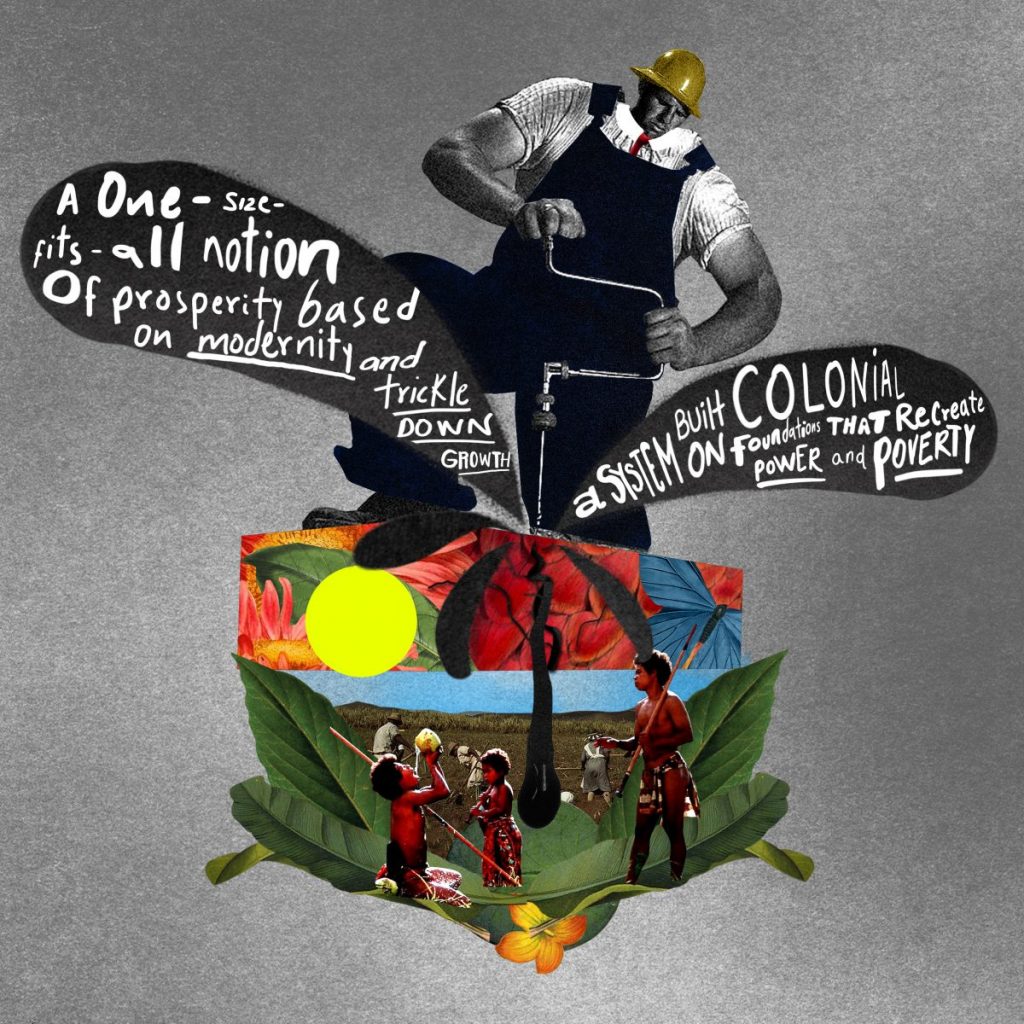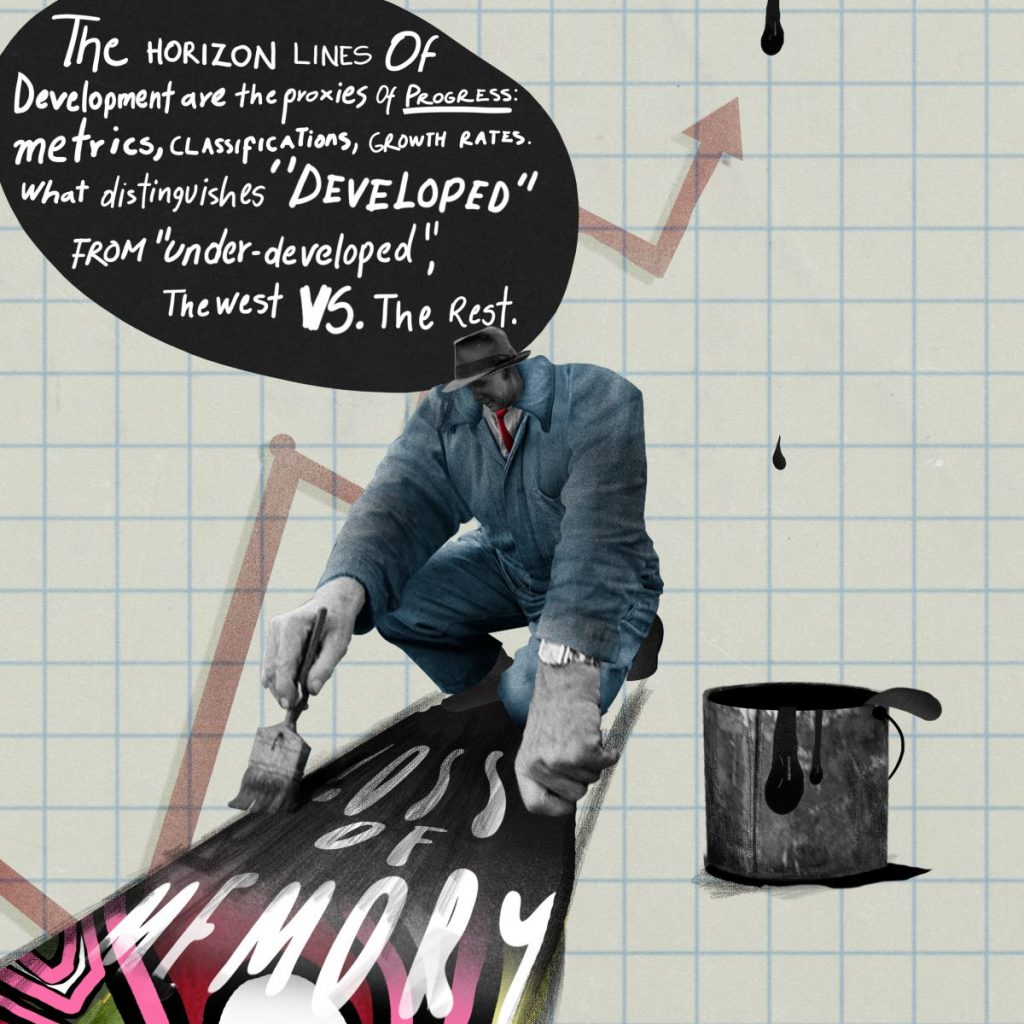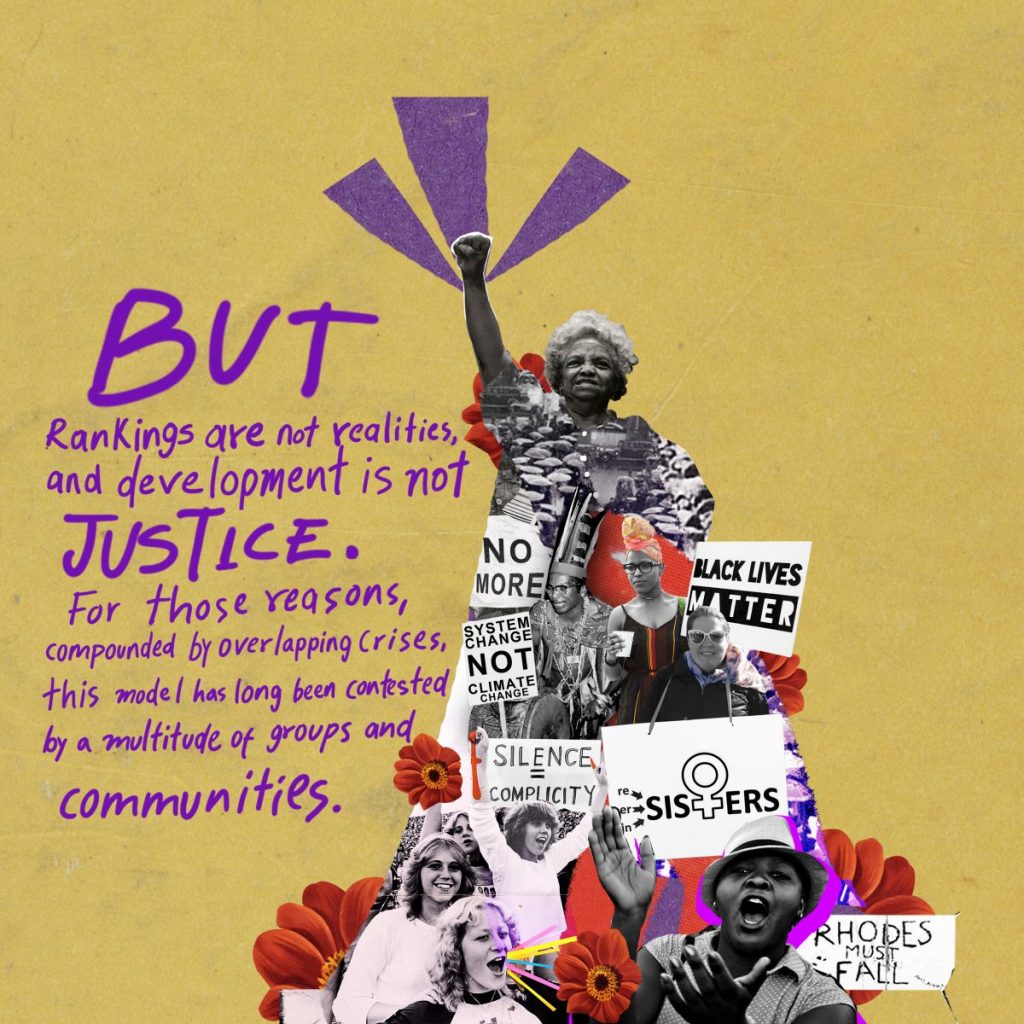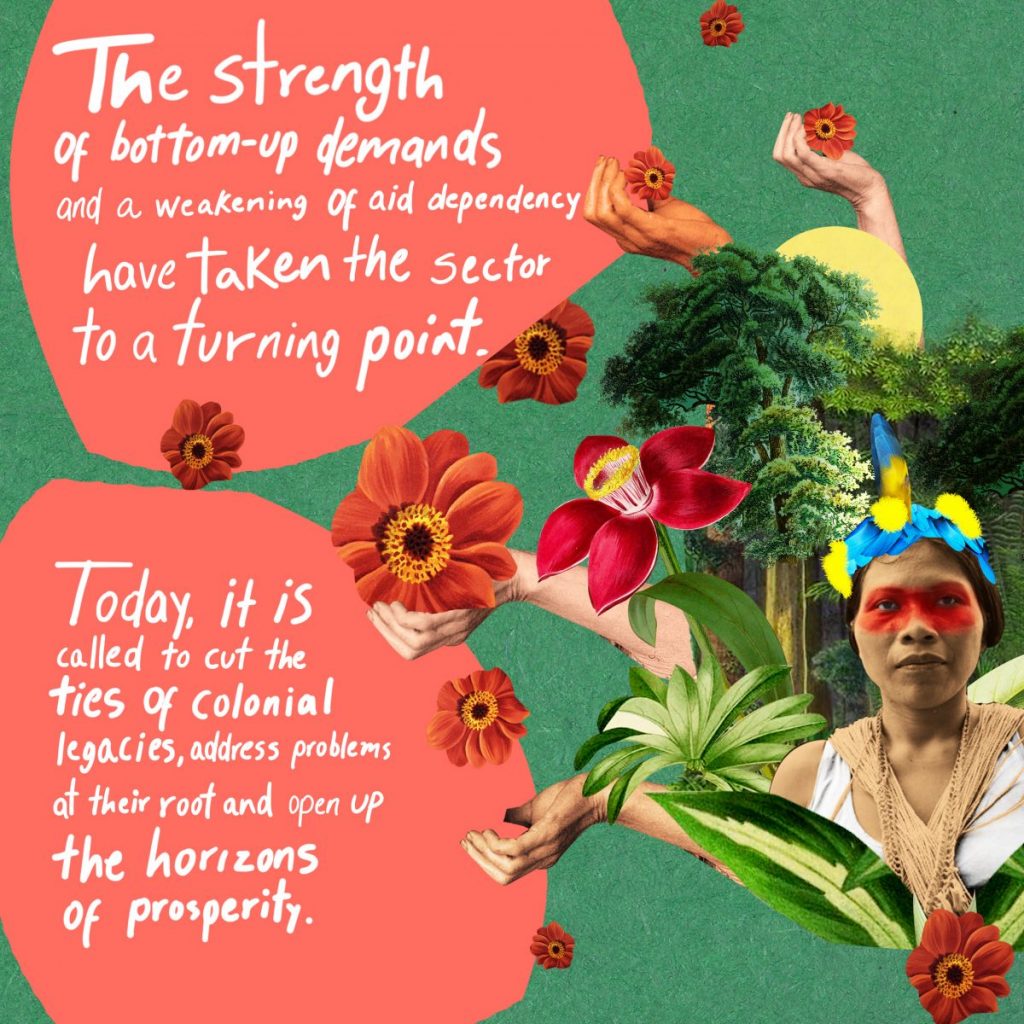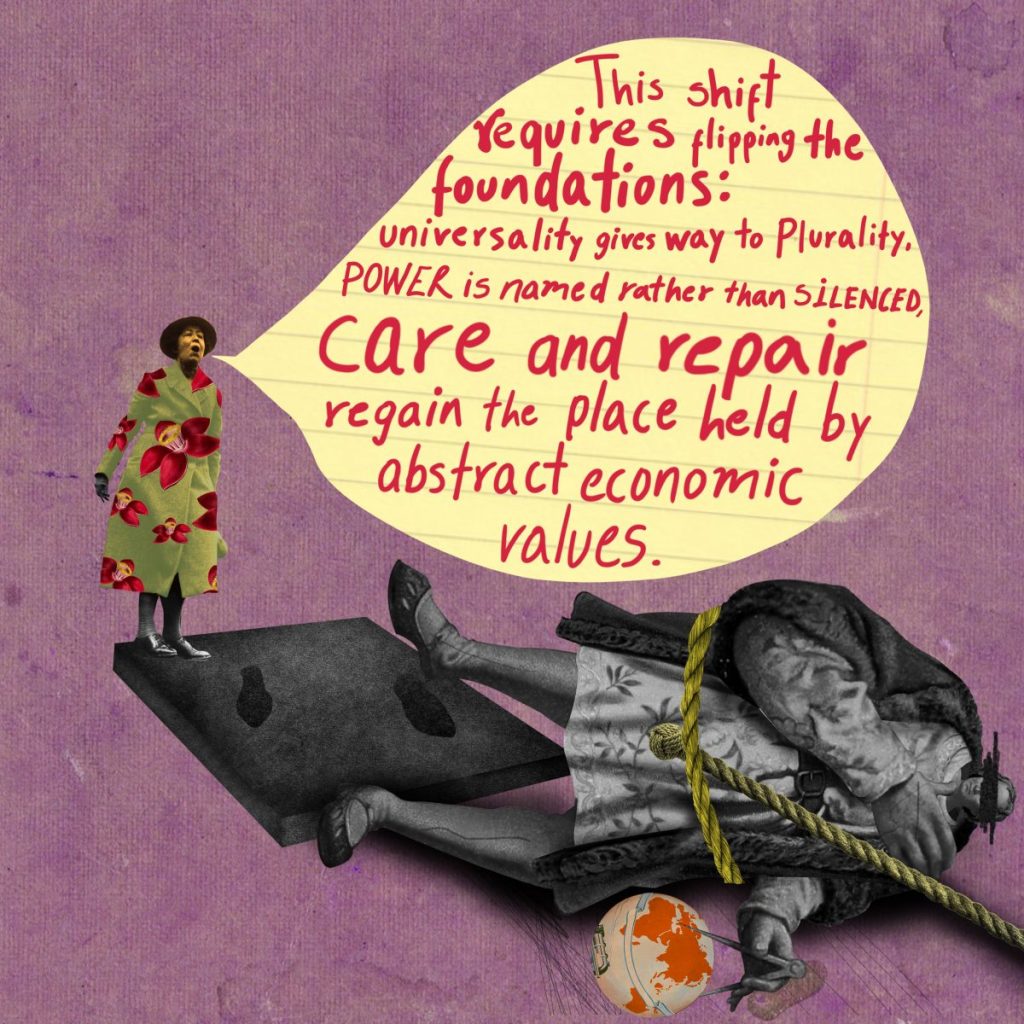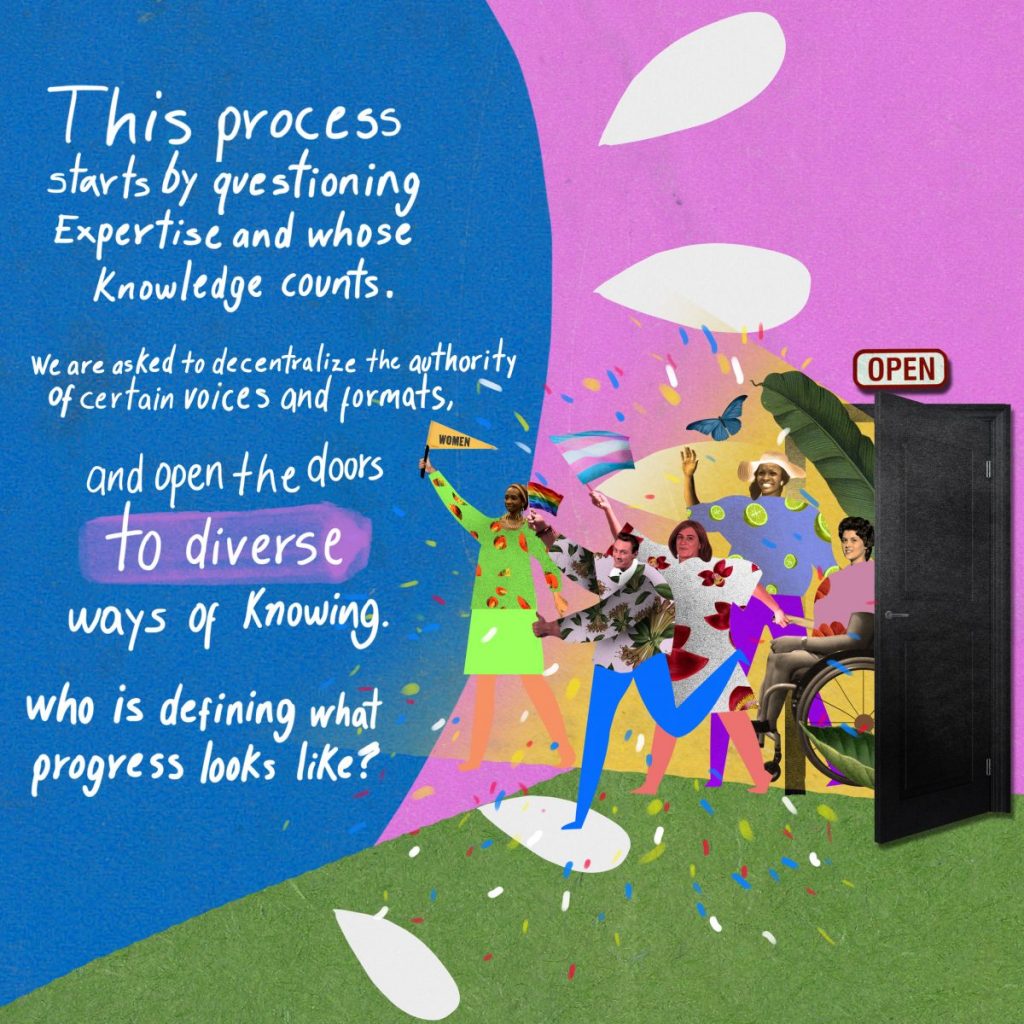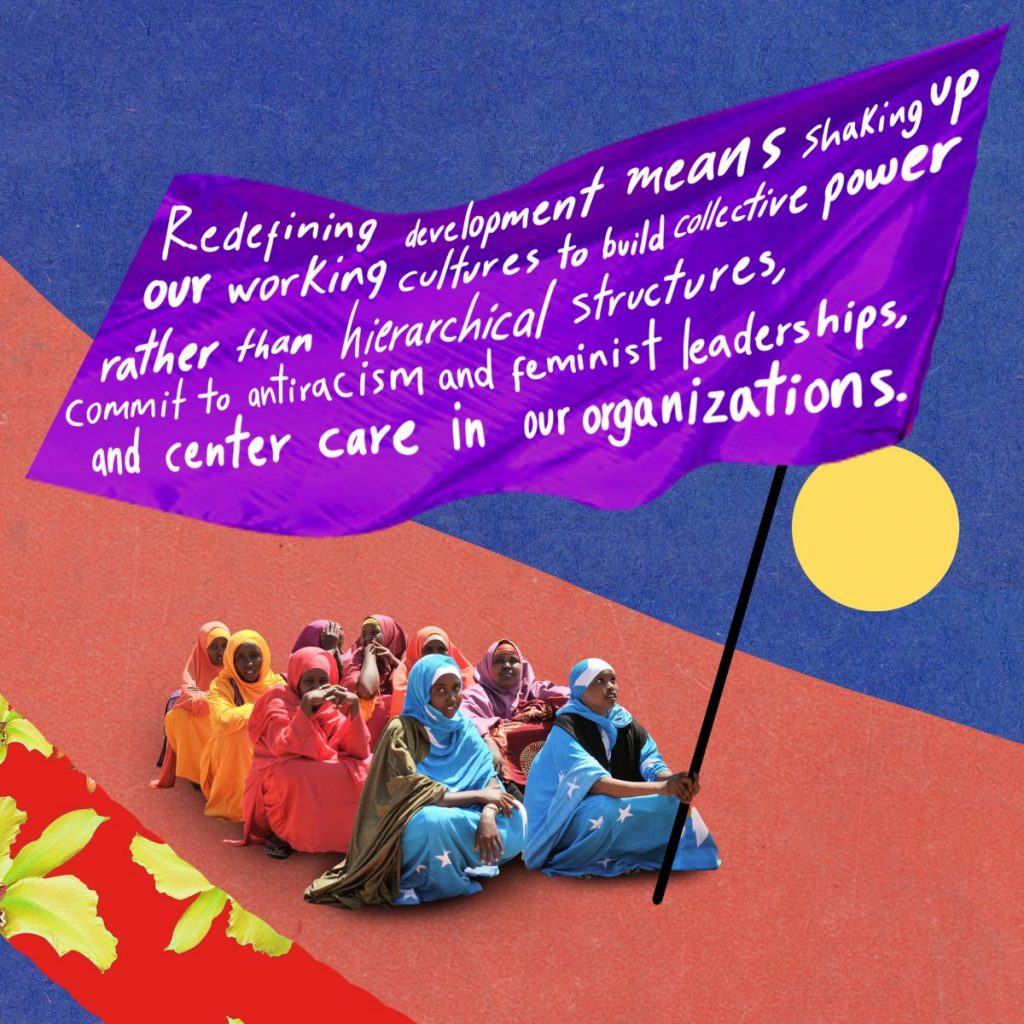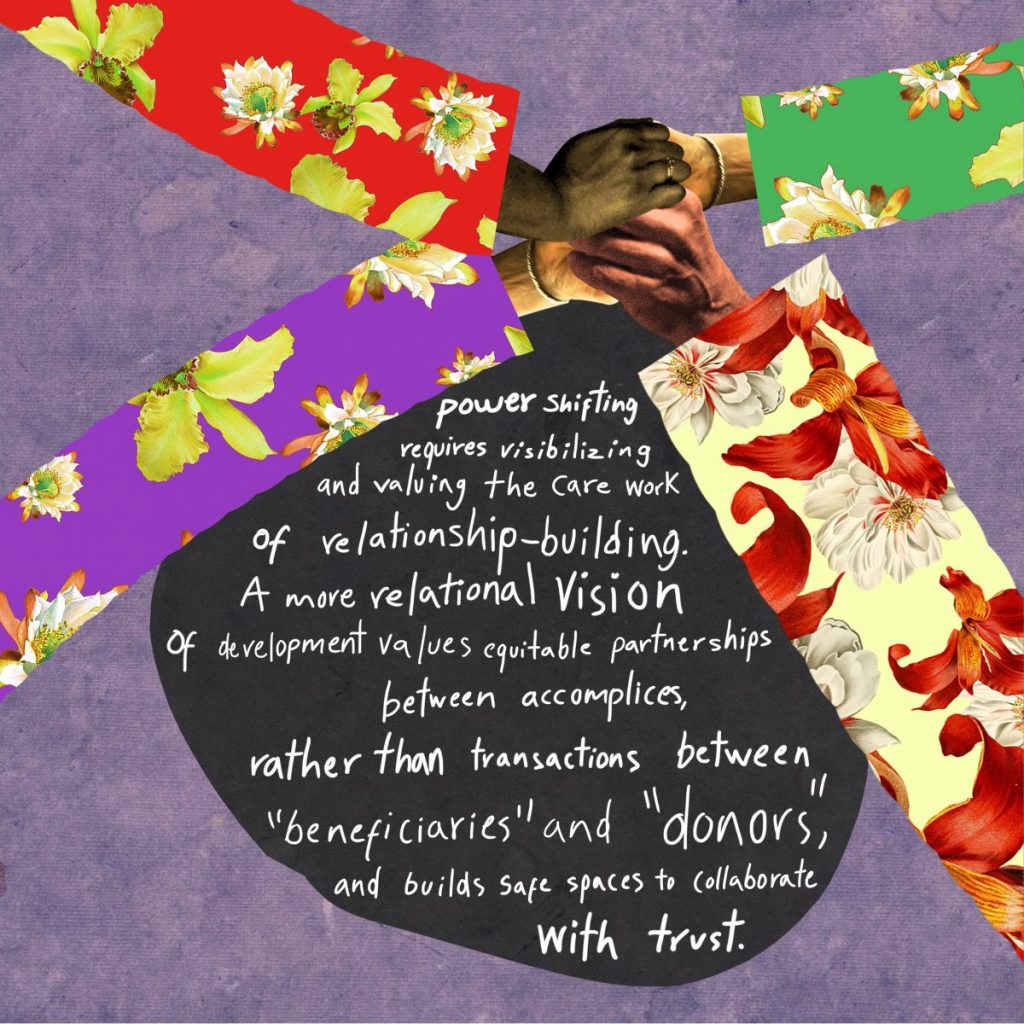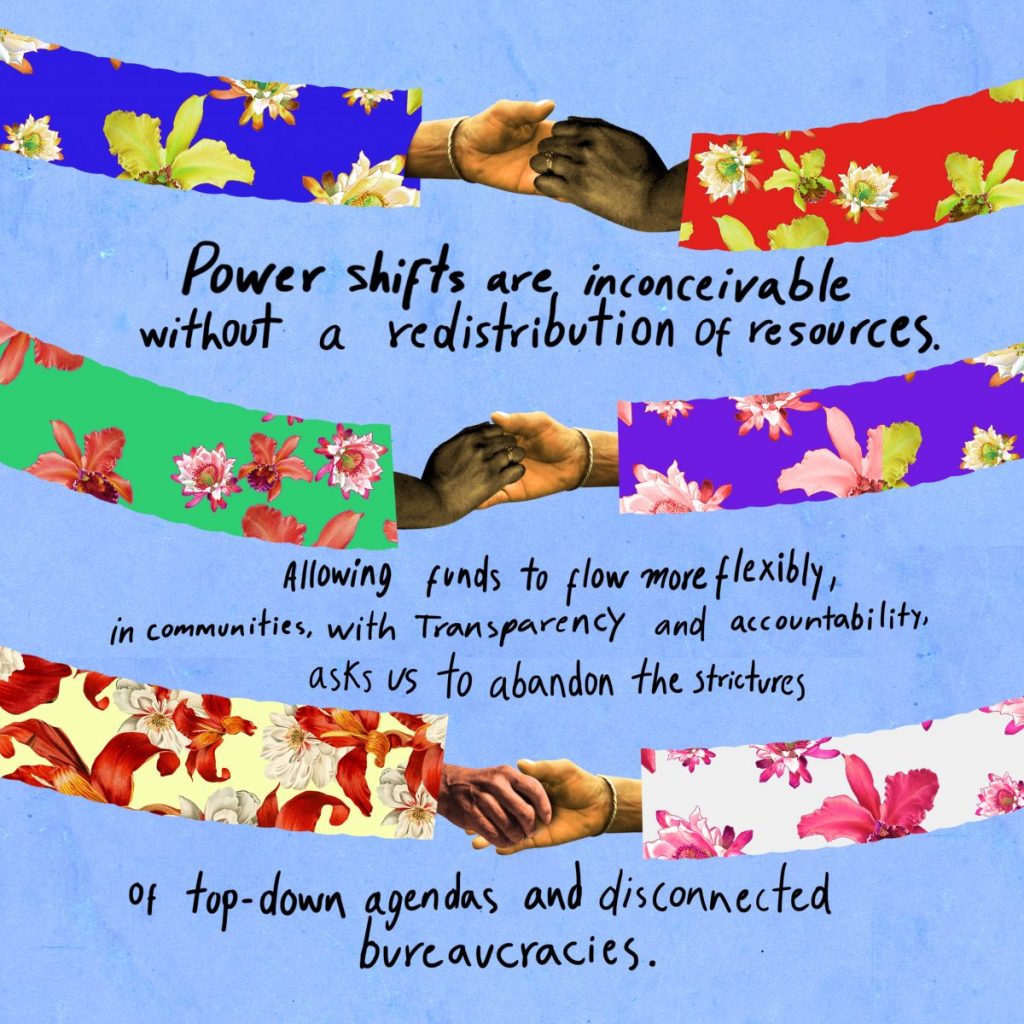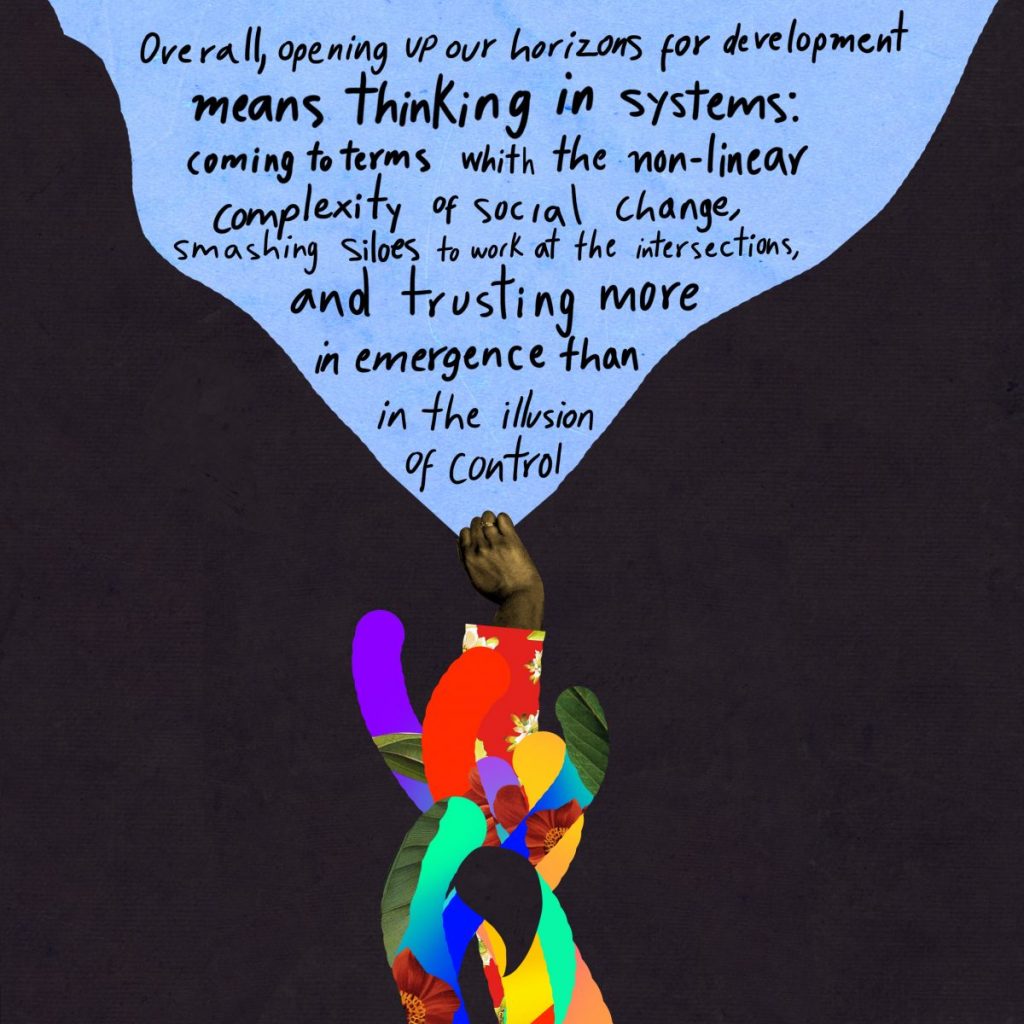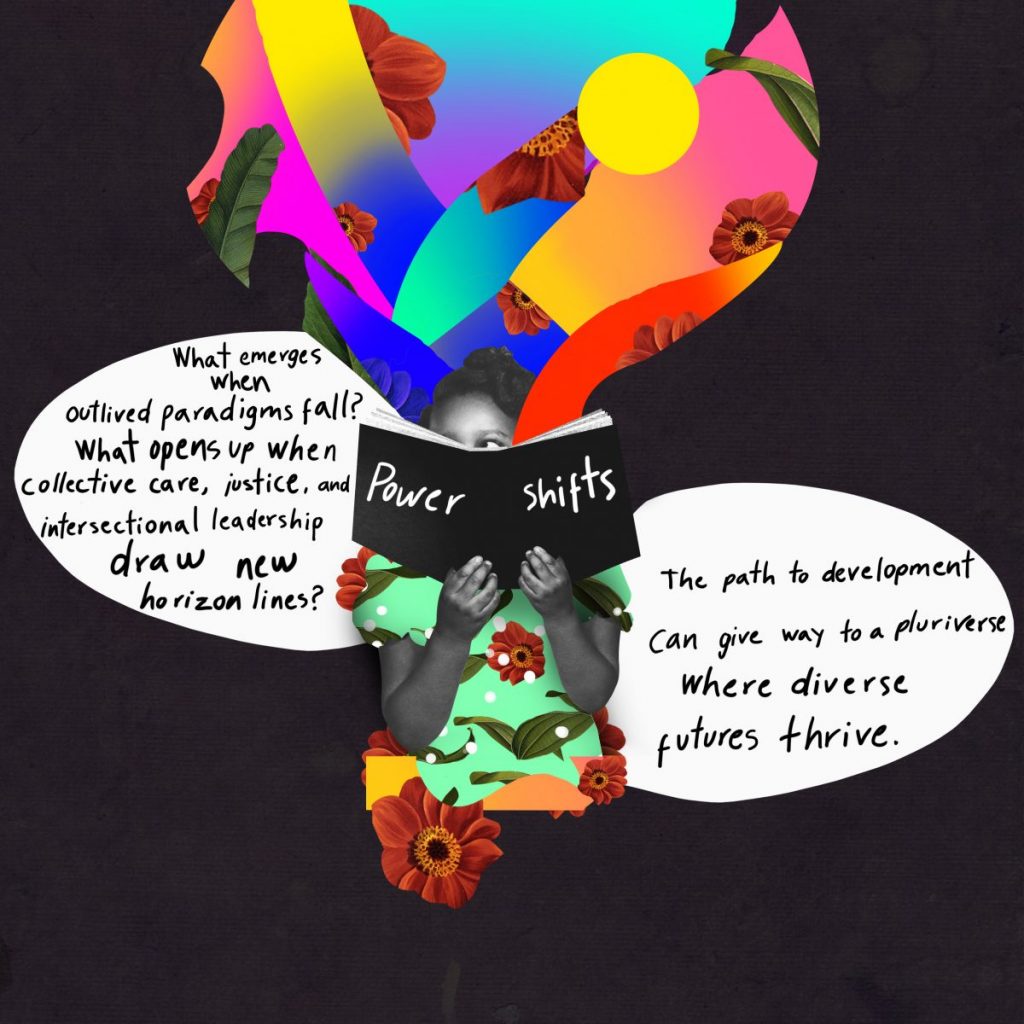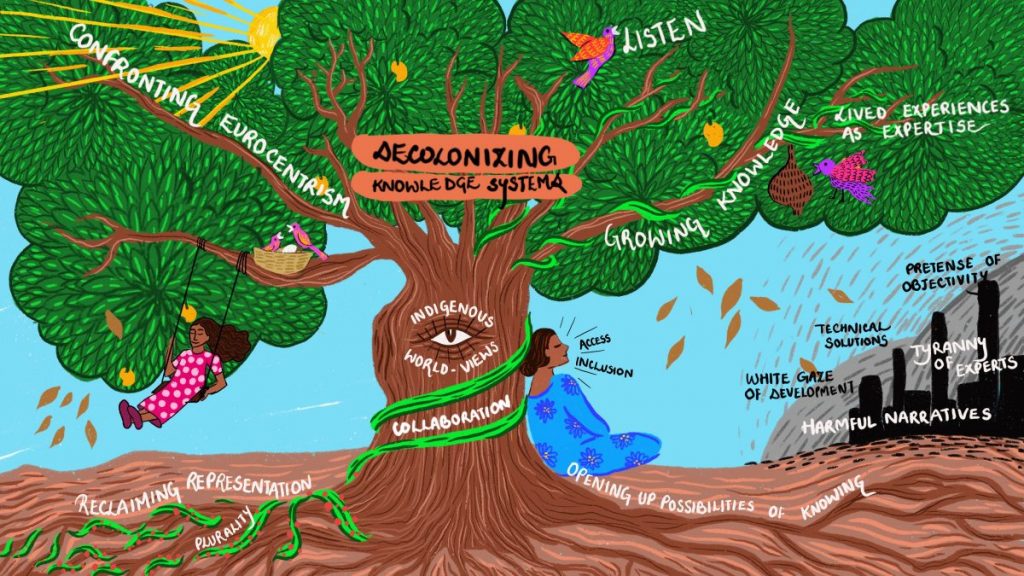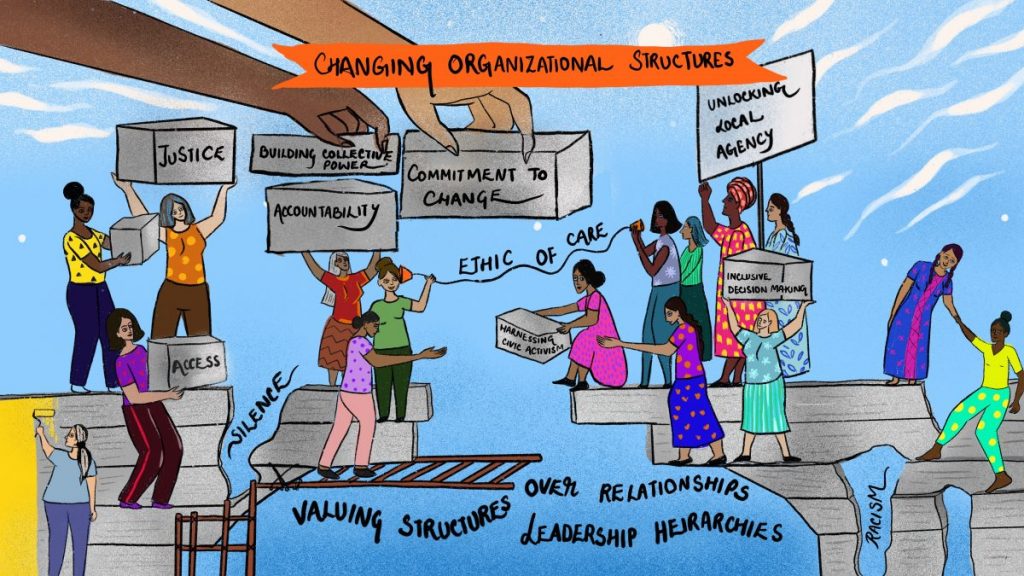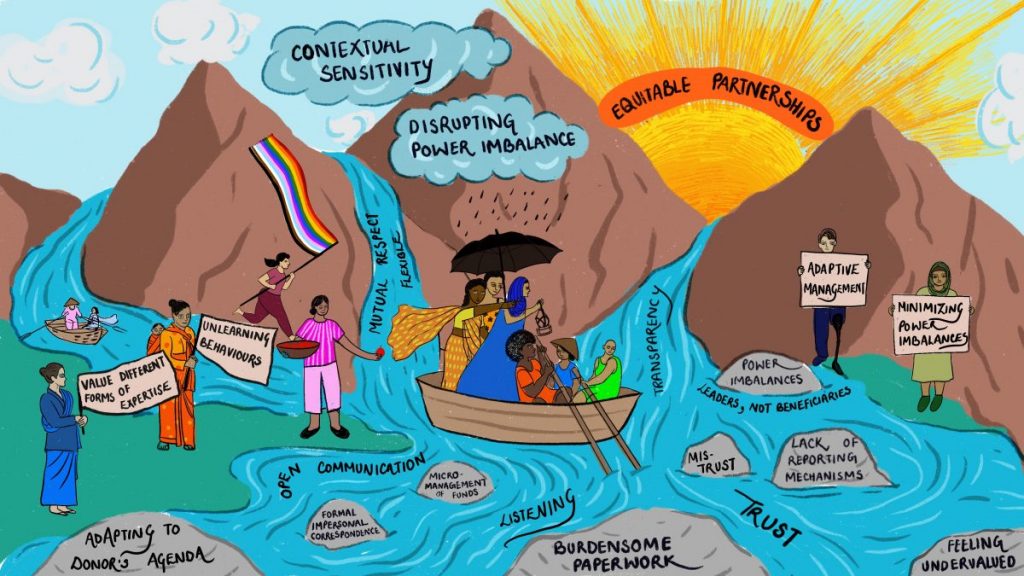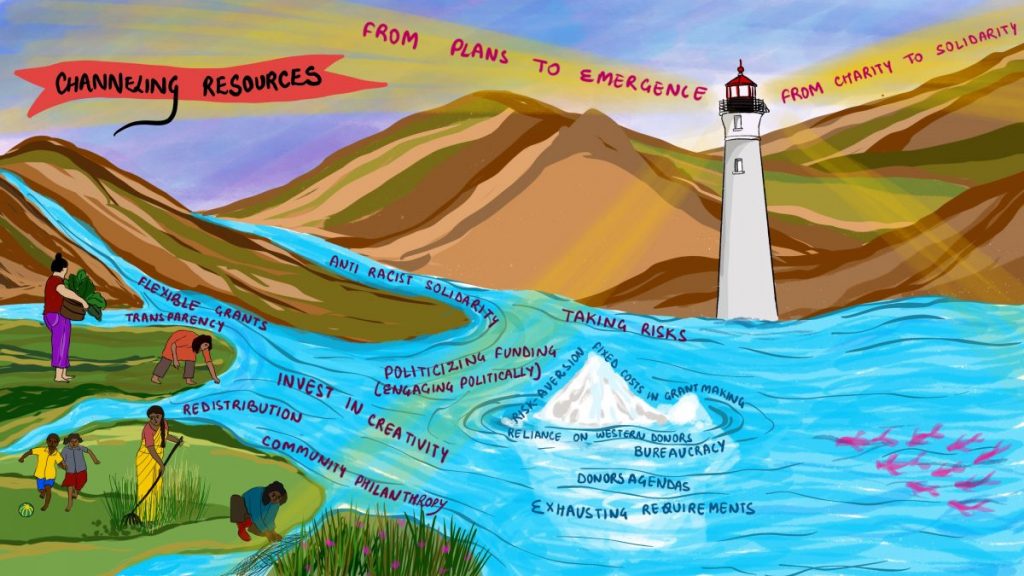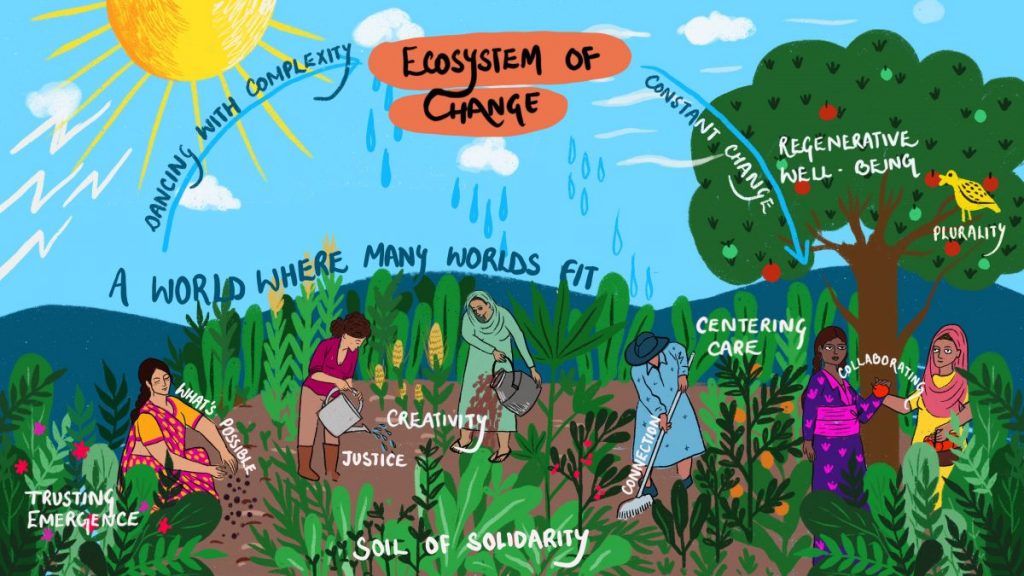Shifting Power In Our Movement
The international aid sector is having a moment of reckoning. Development and humanitarian organizations are pressed to look inward and ask themselves how the legacy of colonialism manifests in their work. Embracing anti-racism requires decolonizing aid to ensure that those experiencing poverty, discrimination and injustice have the resources and the power to drive change for good.
Supporting local organizations to lead emergency responses when disaster strikes, providing core funding to grassroots women rights organizations and ensuring community-led development… these are the right thing and the smart thing to do. So why has this been so hard?
Because aid organizations based in the Global North hold resources and power, which they need to relinquish it in order to make space for those who have historically been excluded. Giving up power and letting others sit in the driver’s seat is never easy.
Oxfam’s Power Shift Project is exploring how we talk about development to help shift power. Check out the two galleries below to get inspired and bring about change in your organization or community.
Development: a visual story of shifting power
This collaboration with Colombian collage artist Hansel Obando tells the story of ‘development’, from its origin to its current challenge, from its contradictions to its possible horizons. It shows the possibility of moving away from the unequal power structures that reinforce legacies of colonialism, and instead advancing explicitly anti-racist and feminist agendas.
Creating new horizons: paths to shift power and imagination in development
Co-created with Indian illustrator and artivist Vidushi Yadav, these images display a visual representation of some of the biggest debates surrounding ‘shifting the power’ in the development and aid sector.
In our 2021-2025 Strategic Framework, Oxfam Canada has committed to shift power, influence and resources from North to South and to grow as a feminist, anti-racist and inclusive organization. We are deepening our commitment to supporting and getting resources in the hands of grassroots women’s rights organizations, and ensuring that humanitarian response efforts are locally-led and driven by women at the community level. As their strength and influence grows, the space we occupy will shrink and we will explore new avenues to speak truth to power and support the struggle for social justice.
We know that our global Oxfam confederation needs to become smaller, more nimble and closer to the activists driving real change. As Carlos Mejía, the Executive Director of Oxfam Colombia, shared – decolonizing is proximity. As part of our efforts to shift power to those most acutely experiencing poverty, we have welcomed new fully-independent affiliates to our global confederation: Oxfam Brazil, Oxfam India, Oxfam Mexico, KDEV (Oxfam in Turkey), Oxfam Colombia and Oxfam South Africa. They all bring new perspectives and new energy to our collective struggle for a just and sustainable world.
We recently launched a new platform that explains and explores our work around feminist monitoring, evaluation, accountability and learning – one of the ongoing ways Oxfam is seeking to shift who decides what good development looks like.
Our drive to decolonize aid is rooted in our vision of a just, sustainable future – a future that isn’t dictated by power and privilege but rather lifted up by the joy of emancipation. Real change is hard and the process is messy. But as seen in the artwork above, there is also beauty in the possibility these changes hold.
